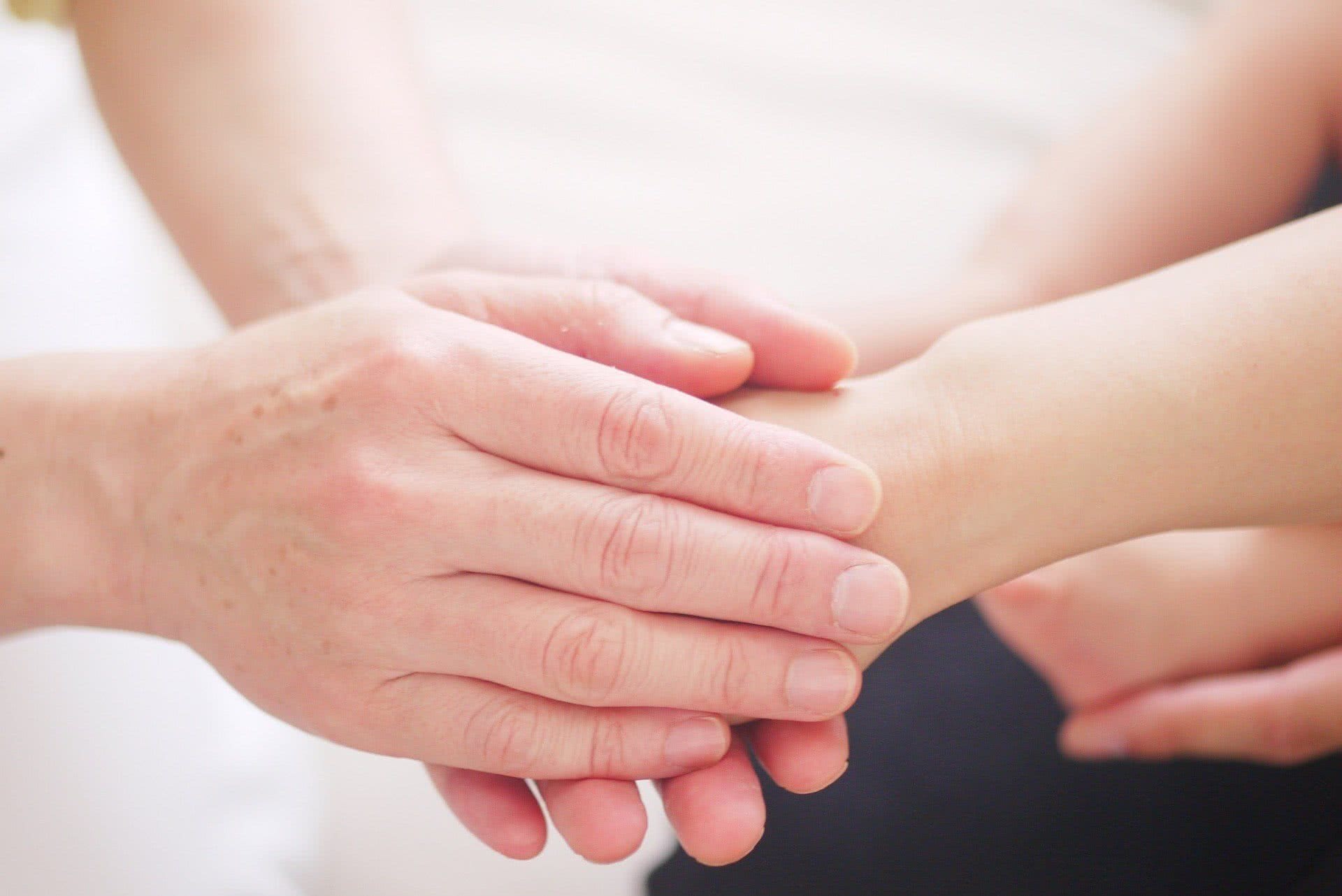One of South Africa’s. top luxury rehabs for the successful treatment of Ritalin addiction. Recovery Direct is there to help you find real guidance and support on the cessation of prescription medications such as Ritalin. The premium care facility is based in Randburg in Johannesburg and is one of the most successful centres of it’s kind in the world. Talk to us today about getting through Ritalin Addiction.
South Africa's Best Ritalin Addiction Rehab
What is Ritalin?
Ritalin is the common name for methylphenidate, with the same classification as cocaine, morphine and amphetamine. It is a well-known brand name sold in tablet and capsule form. It is a central nervous system stimulant used for treating attention deficit hyperactivity disorder, narcolepsy (drowsiness, sleepiness) and impulse control. Sometimes it is also prescribed for bipolar disorder and major depression. It is a controlled substance so a prescription is needed to obtain it.
As it is a legal prescription drug, people naturally assume that it is not dangerous. Because it is not illegal, it is also a popular target for abusers and drug dealers alike. However, using it improperly can cause death. It is comparable to the drug amphetamine. Ritalin produces effects very similar to cocaine, but is not as strong, nor do the effects last as long.
Drug dealers do not manufacture Ritalin. They obtain it by means of theft, burglaries, hijacking, corrupting pharmaceutical warehouse employees, and so on. They make it available as tablets, capsules, patches and liquid. It is ingested by mouth, nasal snorting and injection. The addiction potential is higher when snorted or injected.
Discussions about Ritalin focus mostly on teenagers, but adults also abuse it. It is popular because it improves alertness and concentration and helps one to manage tasks better. Some people take it to stimulate weight loss.
It is often used by professionals, students and athletes to increase productivity, but abuse eventually leads to continued usage without a need for productivity. Although these abusers may stray into addiction in pursuit of performance, others start off by indulging in it for recreational purposes.
Abusers, who use Ritalin to stay awake for long hours of study or work, usually take it orally, but for a more intense reaction, it is snorted or injected. The pills are crushed and the powder inhaled, or mixed with water and injected, to produce almost the same results as cocaine use.
Ritalin abusers develop a psychological dependence on the drug. They also develop a physical tolerance that requires increasingly higher doses to get the same effect. Dependence leads to cravings for the drug and panic attacks when it is not available.
Abusers often engage in binge sessions, using it for days without sleeping. Eventually they “crash” into a comatose period of heavy sleeping. Other side effects include severe withdrawal reactions that it imposes on the mind and body when the initial effect wears off.
People who abuse Ritalin can overdose on it. Urgent medical attention is essential when this happens. Just one overdose has the potential to cause unexpected death and continued abuse obviously multiplies the risk of an overdose occurring.
Street Names for Ritalin
Drug peddlers and their clientele often use these names: Kiddie Coke, R-ball, Rids, Skittles, Smarties, Vitamin R, Diet Coke, Kiddie Cocaine, Poor man’s cocaine.
Effects of Ritalin
Some signs and symptoms associated with Ritalin abuse:
- Alertness, “clarity” of mind.
- Talking and acting excitedly.
- Repetitive body movements.
- Warm skin, fever, sweating, dehydration.
- Shortness of breath.
- Heart palpitations, fast pulse, high blood pressure.
- Blurred vision, stuffy nose, headache, dizziness.
- Nervousness, agitation, irritability, suspicion, fear.
- Delusion, hallucinations (seeing things that do not exist).
- Nausea, vomiting, diarrhea.
- Abdominal pains, stomach aches.
- Muscle cramps, joint pains, chest pain.
- Swelling of hands, feet, ankles.
- Depression, insomnia, sleeping problems.
- Skin rash or hives, dryness, itchiness, flaking of skin.
- Hair loss.
- Loss of appetite, weight loss.
- Tarry or bloody stools, bloody urine.
- Urinary tract infection, kidney disease.
- Fainting, convulsions, seizures.
Tolerance, dependence and withdrawal
Abusers build up a tolerance for Ritalin – they have to take even larger doses to achieve the same “rewarding” effect. Over time, the body can become so dependent on the drug that it needs a constant supply just to function normally. The person craves the drug and they panic if it is not immediately available.
Withdrawal symptoms include fatigue, panic attacks, depression and nightmares. The drug should be stopped gradually under medical supervision. Stopping it suddenly can cause severe, even suicidal, depression.
Reasons for Ritalin Addiction
A host of triggers can make the drug’s short term uplifting, energising effect seem like the ideal solution.
There are many reasons why Ritalin addiction takes root. It helps people to study better or to manage a difficult work project. It enables being sociable and energised at parties or being focused during meetings. It may even be used to overcome a painful traumatic experience. It could be to suppress other, inherent emotional dysfunctions.
Because it is from an established pharmaceutical company and is legally available, people often assume that Ritalin is safe for random use. The fact that it is intended for use in a controlled environment for specific illnesses is easily overlooked, as people simply see their alternative application as a side benefit of the medicine.
Ritalin is often obtained without a prescription, so the user is not advised or cautioned about it by a medical practitioner. Thus, many users are unaware of the inherent danger that comes with it.
Treatment for Ritalin Addiction
Withdrawal under medical supervision, with supportive medication, is the most effective way to stop the physical addiction to Ritalin.
Psychotherapy enables people to stand up to the challenges of life without resorting to drugs. Treatment includes the transfer of comprehensive knowledge and insight to help patients overcome psychological hurdles that triggered Ritalin addiction in the first place.
Recovery Direct has counsellors who can assist with interventions. These interventions range from interviewing the patient to counselling of family, friends and employers. These are sometimes delicate obstacles to treatment. As such, our experienced professionals are well equipped to assist with these important issues. Feel free to dial the number at the top of this page for advice or a confidential interview with a trained counsellor.





